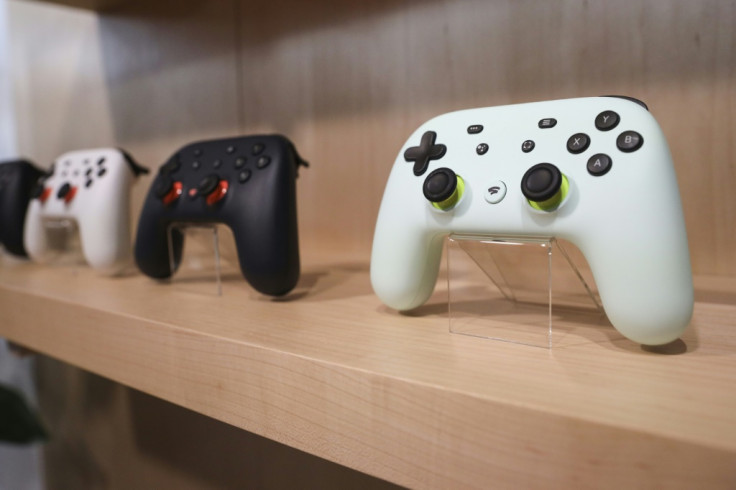Google Stadia first-party games may have features other platforms can't handle
Google teases new features in upcoming first-party games for the Stadia, which cannot be duplicated on other platforms.
A few more weeks and Google's Stadia platform will make its debut. As such, the developers are starting to share little tidbits of what the game-streaming service can do better than the competition. A few weeks ago, one of the things the company touched upon is the issue regarding lag. Understanding that internet service is never the same anywhere, Google claims it will overcome the limitation with the use of negative latency. Regrettably, not a lot of users seem to agree with the idea. Now, it is preparing something else, which is reportedly not possible on any other system.
By now, the majority of consumers know that every console has its limitation. These are strictly due to hardware, which is not upgradable in any way. Even with Gaming PCs, these machines are likewise limited to a few years until enhancements will no longer be compatible.
ICYMI: Stadia will start arriving November 19! → https://t.co/Ze99xh4g1I
— Stadia (@GoogleStadia) October 17, 2019
We’re just one month away from launch so get yourself ready with everything you need to know about Stadia in this handy guide. pic.twitter.com/5OtVmoUsgz
This is the area where Google Stadia will supposedly have an advantage over its competitors. Since its games are hosted on a server with a powerful processing system behind it, developers now have the means to program even the most resource-demanding features.
In an interview with Jade Raymond, Google head of Stadia Games and Entertainment, provided an overview of the company's plans in the near future. As specified by Ars Technica, just like most gaming platforms, the Stadia will have a dedicated first-party game studio to develop exclusive titles for the service. With its headquarters in the city of Montreal, the team plans to take advantage of various technology available from Google to come up with something unique.
Google announces their first studio, Stadia Games and Entertainment, located in Montréal
— Nibel (@Nibellion) October 24, 2019
It will "produce exclusive, original content across a diverse portfolio of games in all your favorite genres"https://t.co/U1uKX2pAZ5 pic.twitter.com/bK23QaD0ta
For example, the computing power provided by the Search company's data centres can handle complex calculations not possible on home consoles and gaming computers. It would be possible to make a game that delivers the most accurate physics in its gameplay.
Furthermore, since all players are using the same hardware, the online multiplayer experience is expected to better than what is available now. Finally, an interesting concept proposed involves the use of advanced machine learning and AI such as the one demonstrated by Google Duplex. This can make conversations and storytelling in games more engaging and natural.
Lay it all on the track to become a Supercross champion when #Supercross3 arrives on Stadia. pic.twitter.com/YUEA7Ak3HM
— Stadia (@GoogleStadia) October 18, 2019
It seems that Google Stadia is already setting lofty expectations from its users. However, analysts believe it is possible for the developers to achieve these goals. Meanwhile, consumers should give it some time before these elements show in up in mainstream titles.

© Copyright IBTimes 2025. All rights reserved.





















